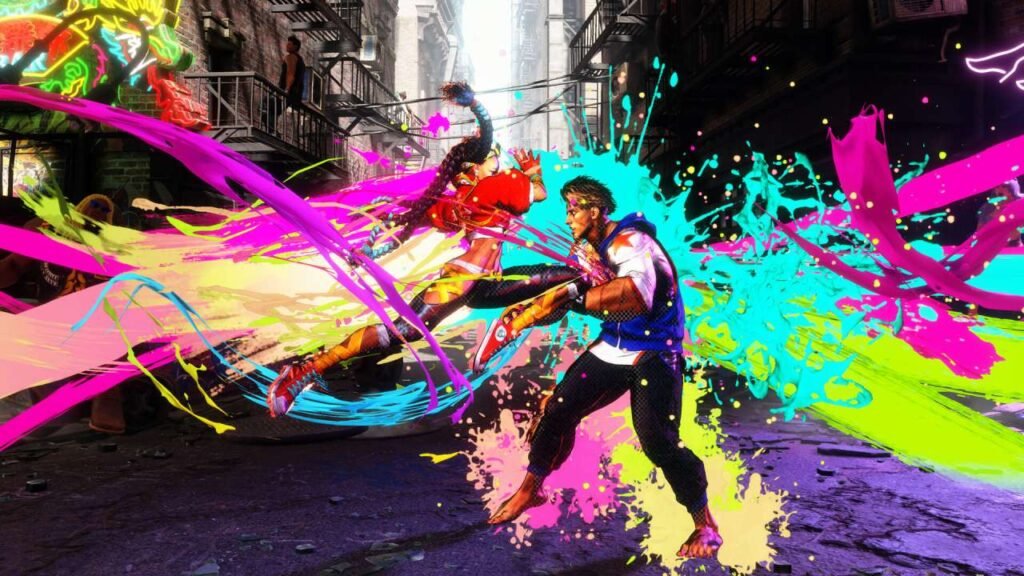Table of Contents
Nakayama Addresses Capcom Cup 12 Pay-Per-View Decision
Capcom Cup 12’s Controversy
Capcom Cup 12, the flagship Street Fighter 6 tournament boasting a $1 million prize pool, has found itself at the centre of community backlash after Capcom announced that the Top 16 stage will be locked behind a pay-per-view stream.
The move means fans will need to purchase digital tickets to watch the final matches, while community streamers and influencers will be barred from co-streaming the event. While this approach may resonate with Japanese audiences, where paid livestreams are more common, international fans were quick to criticise the model as restrictive and tone-deaf.
Nakayama’s Response: “We Didn’t Know”
In a post on his personal X/Twitter account, Street Fighter 6 director Takayuki Nakayama expressed both surprise and disappointment at the pay-per-view decision. Nakayama revealed that neither he nor producer Shuhei Matsumoto had been informed about the change before its public announcement, learning about it themselves during Tokyo Game Show 2025.
He clarified that the decision came from a separate business department within Capcom, independent of the development team. “It likely came from a different division focused on revenue,” Nakayama wrote. “The development team had no involvement in shaping this strategy.”
Nakayama’s statement was candid, acknowledging the frustration felt by fans and pro players. “I understand your disappointment,” he continued, adding that he was actively discussing the issue internally and that he apologised to the community for the confusion.
Fans Rally Behind Nakayama
Nakayama’s transparency earned widespread praise from the Street Fighter community. Many players and content creators thanked him for addressing the issue directly and separating the development team from the business decision.
The tone of his message — calm, empathetic, and apologetic — reinforced the trust many fans already have in him, as he’s been known for maintaining close communication with players since Street Fighter 6’s launch. For many, his response highlighted a deeper internal divide between Capcom’s creative teams and corporate leadership.
One prominent commentator noted, “Nakayama is doing what Capcom’s PR should have done — taking responsibility and giving clarity.” His words have reframed the controversy from one of outrage to a question of how much influence developers truly have over esports operations.
What Happens Next
Capcom has not issued an official follow-up statement clarifying whether the pay-per-view model will stay in place. However, Nakayama’s involvement and ongoing discussions suggest that internal reconsideration may already be underway.
With Street Fighter 6 thriving on its open, community-driven esports ecosystem, many hope the company will reconsider its approach to free access for major tournaments. Regardless of the final outcome, Nakayama’s public response has once again solidified his reputation as a developer who listens — even when caught off guard.
Capcom Cup 12 is set to take place in March 2026, and the handling of this controversy may determine not just the tournament’s success, but also the future tone of Capcom’s relationship with its player base.

